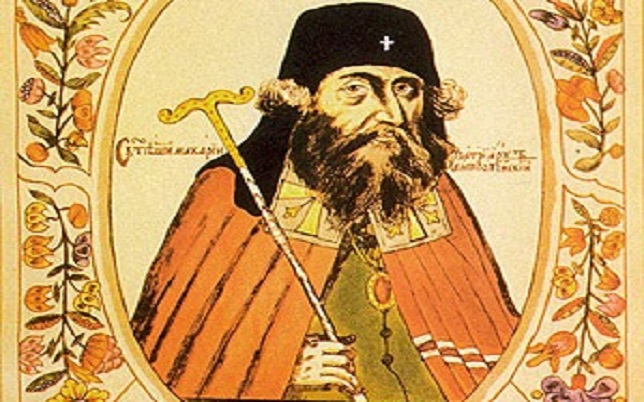The treatment of their Christian subjects by the Ottoman emperors—at least for two centuries after their conquest of Greece—exhibits a toleration such as was at that time quite unknown in the rest of Europe.
The Calvinists of Hungary and Transylvania, and the Unitarians of the latter country, long preferred to submit to the Turks rather than fall into the hands of the fanatical house of Hapsburg;1 and the Protestants of Silesia looked with longing eyes towards Turkey, and would gladly have purchased religious freedom at the price of submission to the Muslim rule.2
It was to Turkey that the persecuted Spanish Jews fled for refuge in enormous numbers at the end of the fifteenth century,3 and the Cossacks who belonged to the sect of the Old Believers and were persecuted by the Russian State Church, found in the dominions of the Sultan the toleration which their Christian brethren denied them.4
Well might Macarius, Patriarch of Antioch in the seventeenth century, congratulate himself when he saw the fearful atrocities that the Catholic Poles inflicted on the Russians of the Orthodox Eastern Church:
“We all wept much over the thousands of martyrs who were killed by those impious wretches, the enemies of the faith, in these forty or fifty years. The number probably amounted to seventy or eighty thousand souls.
O you infidels! O you monsters of impurity! O you hearts of stone! What had the nuns and women done? What the girls and boys and infant children, that you should murder them? . . . And why do I pronounce them (the Poles) accursed?
Because they have shown themselves more debased and wicked than the corrupt worshippers of idols, by their cruel treatment of Christians, thinking to abolish the very name of Orthodox.
God perpetuate the empire of the Turks for ever and ever!
For they take their impost, and enter into no account of religion, be their subjects Christians or Nazarenes, Jews or Samarians:
whereas these accursed Poles were not content with taxes and tithes from the brethren of Christ, though willing to serve them; but they subjected them to the authority of the enemies of Christ, the tyrannical Jews, who did not even permit them to build churches, nor leave them any priests that knew the mysteries of their faith.”5
Even in Italy there were men who turned longing eyes towards the Turks in the hope that as their subjects they might enjoy the freedom and the toleration they despaired of enjoying under a Christian government.6
It would seem, then, that Islam was not spread by force in the dominion of the Sultan of Turkey, and though the want of even-handed justice and the oppression of unscrupulous officials in the days of the empire’s decline, may have driven some Christians to attempt to better their condition by a change of faith, such cases were rare in the first two centuries of the Turkish rule in Europe, to which period the mass of conversions belong.
References:
1. De la Jonquière, p. 333. Scheffler, § 45-6. Gasztowtt, p. 51.
2. Scheffler, § 48
3. De la Jonquière, p. 34. A similar contrast was made in 1605 by Richard Staper, an English merchant who had been in Turkey as early as 1578
4. Macarius, vol. i. pp. 183, 165. Cf. the memorial presented by Polish refugees from Russia to the Sublime
5. Porte, in 1853. (Gasztowtt, p. 217.)
6. Ioannis Ludovici Vivis De Conditione Vitæ Christianorum sub Turca, pp. 220, 225

